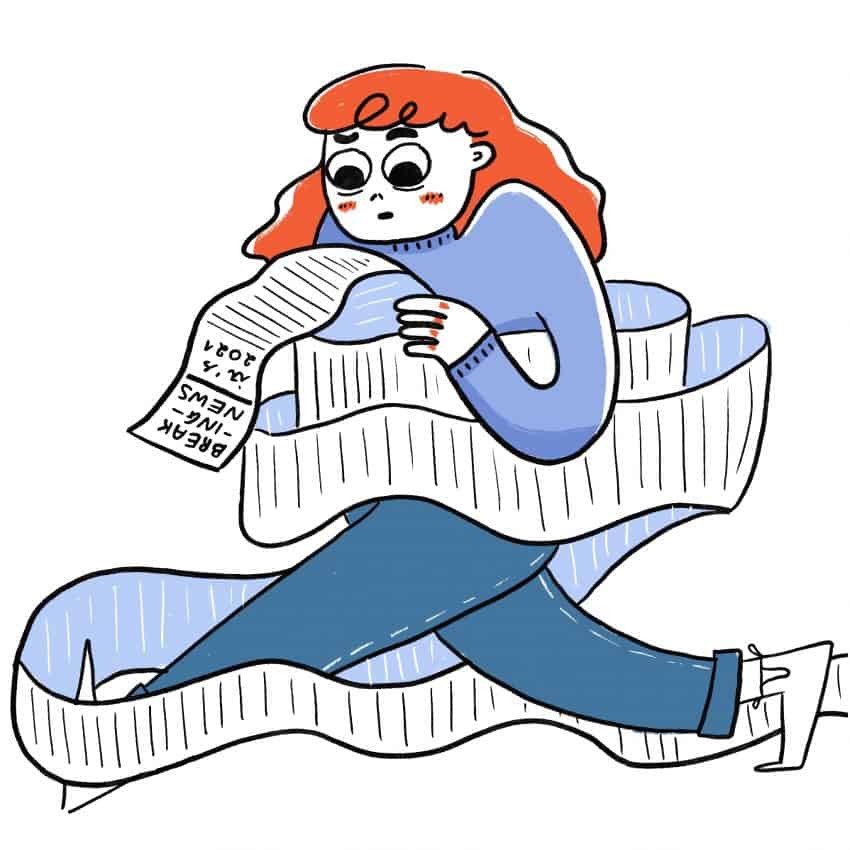
Now that we are in a new year, we must prioritize our mental health by rethinking our relationship with social media.
With a raging pandemic, job losses and self-isolation, the impact on the mental health of Canadians has been significant. In fact, Angus Reid Institute reports that 50 per cent of Canadians say their mental health has worsened since the pandemic began.
Increased consumption of media is one of the factors that has contributed to this decline in mental health. Statistics Canada reports that nearly 57 per cent of young Canadians aged 15 to 34 has increased their use of social media and messaging services during the pandemic. Considering that research suggests high levels of social media usage can lead to increased feelings of loneliness, risk for depression and anxiety, this is concerning.
While it is easy to criticize social media, we must realize that it has benefits too. It allows us to connect with people that have similar interests, raise awareness about important issues, find valuable sources of information and many other things that mediums of the past did not offer as effectively.
Social media is a double-edged sword. To use it we must take advantage of its benefits and avoid its pitfalls. The first step is awareness — to reduce our consumption, we must first be aware of how much we are consuming. Most phones nowadays come with built-in features that track how much time you spend on the screen each day.
Once we are aware of our consumption habits, we can then take the steps to reduce that consumption.
1. Make social media less accessible.
Research has shown that the design of our environment is important. James Clear says in his book Atomic Habits that your environment is “the invisible hand that shapes human behaviour.”
Redesigning our physical environment means having our phone in a different room while studying or working. That way, we are less likely to check it, leading to less time on social media. We can do the same thing in our digital environment. Our phone’s home screen should only have the essential apps we use daily, and not any social media or news apps that we can get sucked into.
2. Turn off your notifications
Notifications are what remind us to check our phones more often than we need to. Most notifications do not require immediate attention and only serve as a distraction to the person receiving them.
Nowadays many apps and phone manufacturers have made notifications more customizable so that the user only receives the notifications they want or need. We can take control of it by only having notifications on for when a real human is trying to contact us. By doing this, we will feel less compelled to check our social media feeds and feel more at peace.
3. Go on a social media detox
Sometimes it can be good to get off social media entirely if we feel that our relationship with it is unhealthy. This will give us some time to focus on things that matter more, and help us find a balance once we are back.
In a study published in the American Economic Review, 2,743 Facebook users were asked to deactivate their accounts for four weeks. They found that deactivation caused improvements in well-being such as self-reported happiness, life satisfaction, depression and anxiety.
If we implement these tips, we will not only reduce the amount of time we spend on social media, but we will also improve our own well-being as a result.
—
Taha Silat
Graphic: Anh Phan | Design Editor
Leave a Reply